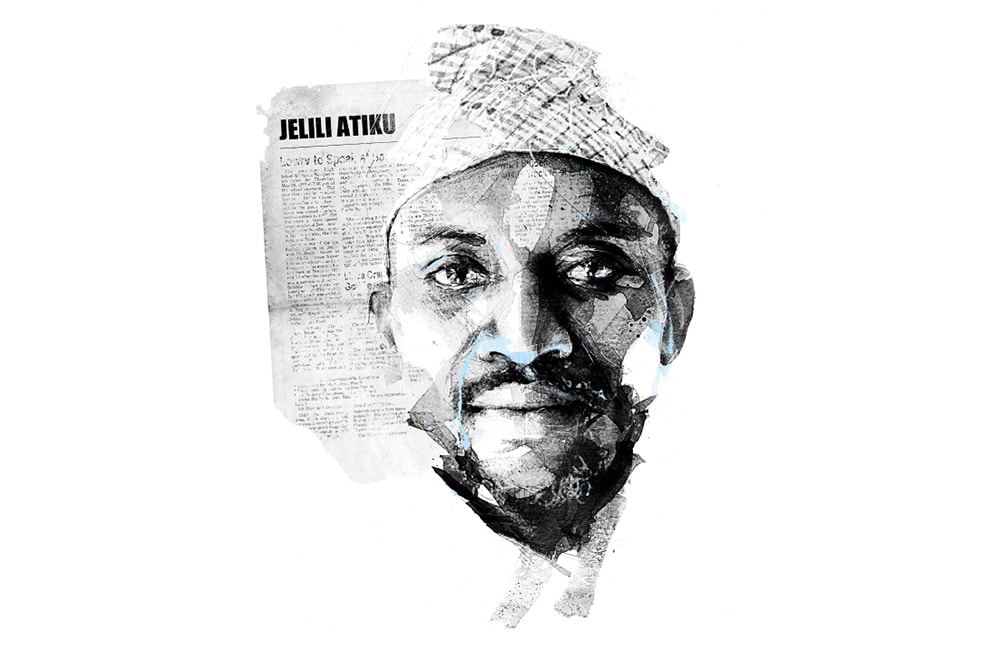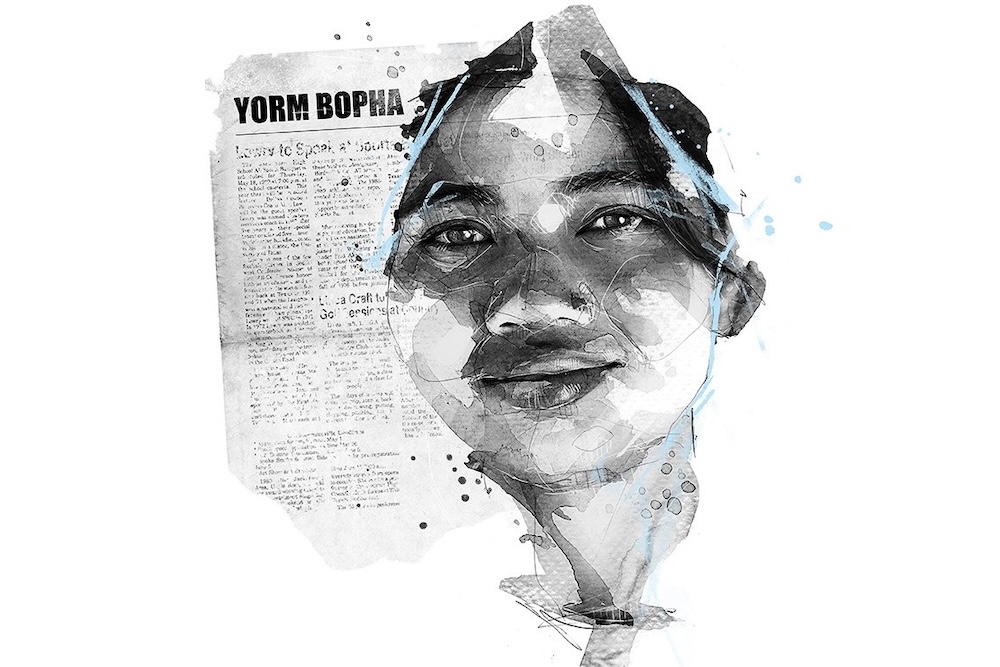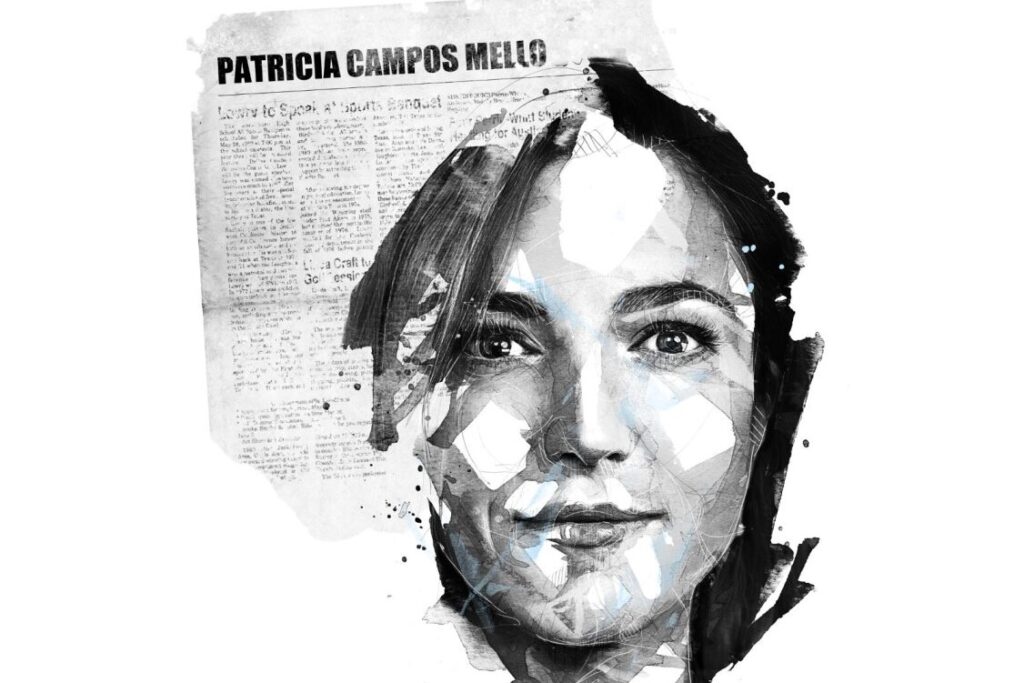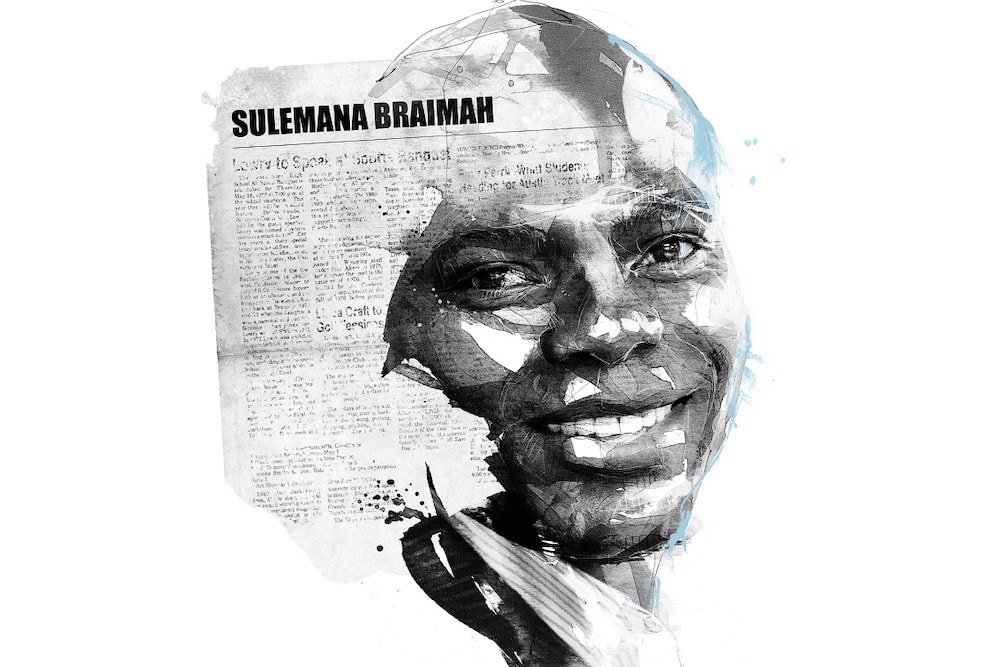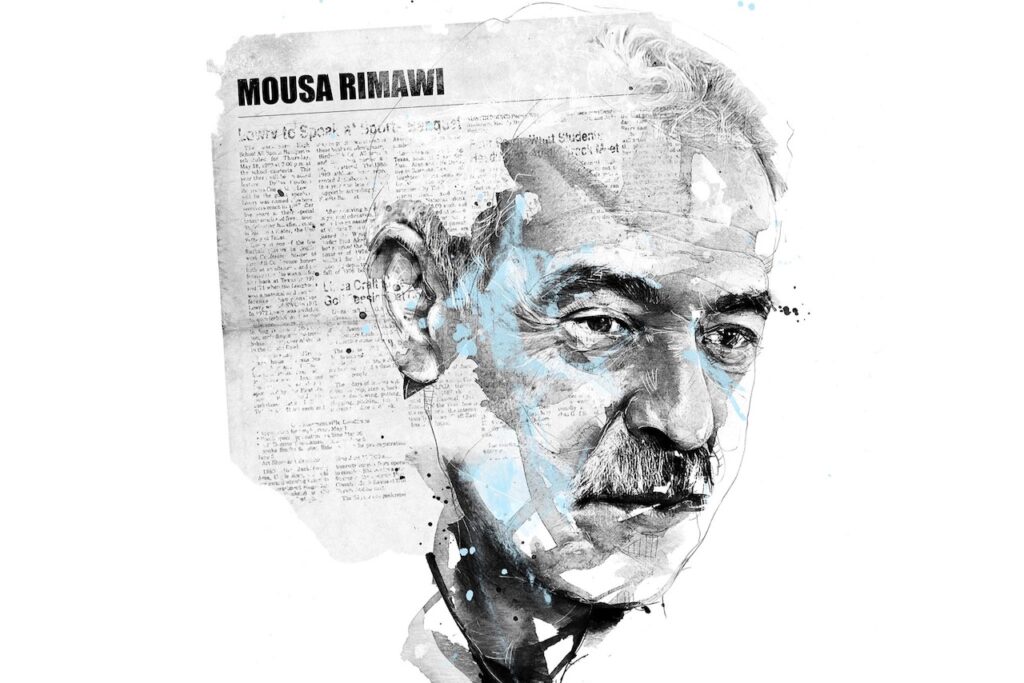Jelili Atiku uses his art and body to take on extrajudicial murders, the oil industry and Boko Haram. And he is not afraid to unleash "Aragamago" to end conflict in Nigeria.
In a documentary film titled "Lagos in the Red," Nigerian artist Jelili Atiku reflects on his unique style of performance art: I use performance art to sensitise the people about the problems we have in Nigeria. I use my body as an instrument in my art. I do performance because it has to be done.
Nigerian performance artist, Jelili Atiku, cuts an eerie, enigmatic figure as he makes his way through the crowded streets of Ejigbo, a suburb of Lagos. Crowds part as he goes by, usually alone, although sometimes accompanied by fellow performers. He is swathed in bright coloured fabrics; shreds of plastic sheeting, ropes, and string trail behind him. At other times he is drenched in paint, but his face is always covered in cloth or a mask. He rarely speaks, but in some performances he leaps at the crowd, shouting and howling. Videos of his performances show people gathering and walking alongside him. On the whole they don’t laugh or heckle. Instead, they watch with curiosity, many solemn-faced as they try to understand who he is, why he is doing this and what his message is. His work’s power lies in his use of Yoruba symbols and traditions of his local community.
Long before the #ENDSARS movement took to the streets in 2020, Atiku’s work had reflected on human rights abuses, brutality, and in particular, on extra-judicial killings. It is his way of consciously centering attention on the national issues in the country. For him, the #ENDSARS protests are “symbolic of the struggle geared towards addressing critical injustices, dehumanising government policies and maladministration.”
It is through the use of his own body that he makes the audience feel pain. For his work Come Let Me Clutch Thee for the Institute for Creative Arts (ICA) LIVE ART Festival in Cape Town, he poured used car oil on his body, knowing that it was dangerous. As he explained: “I want to open up a dialogue […] about the problems of oil excavation, because I know the pain that it brings if strict measures are not put in place. Look at the case of Ken Saro-Wiwa who was killed because of the issues of oil spillage. . .”
At a performance at the India Art Fair in 2020, Atiku focused on the need to embrace differences through his work Nobody is Born Wise, in which he explored the inner connection people feel with religion, citizenship and its link to colonialism.
Born in 1968, Atiku gained an MA in Visual Arts from the University of Lagos. As he explains on his website, the artist has “political concerns for human rights and justice. Through drawing, installation sculpture, photography, video and performance I strive to help viewers understand the world and expand their understanding and experiences so that they can activate and renew their lives and environments:. His focus is on the “psychosocial and emotional effects of traumatic events such as violence, war, poverty, corruption [and] climate change…”
One example is his performance titled In the Red where Atiku, leading a group of performers clothed in bright red shrouds, walks through urban streets making choreographed movements as well as unexpected leaps into the crowd. He describes the piece – about which a short documentary has been made – as using the colour red to “symbolize life, suffering and destruction”. His other works include Victim of a Political Assassination on extrajudicial murders, Nigerian Fetish on the link between the oil industry and poverty, and another that addresses the horrors of Boko Haram.
Atiku has travelled widely, performing and speaking on his work across Africa and Europe, in South Korea, Japan and Canada. In 2015, he was awarded the Prins Claus Fund Award for his “provoking performances that challenge assumptions and stimulate dialogue in an unconventional and dynamic form of community education; for taking personal and artistic risks in order to open new possibilities and reach wider audiences; and for his pioneering dedication to establishing space for contemporary performance art in Nigeria.”
Just a few weeks after receiving the award, on 18 January 2016, Atiku was arrested with five other artists, and held for three days before being freed on bail, charged for his performance four days earlier of Aragamago Will Rid this Land of Terrorism. Atiku tells of how he was inspired to create the piece by a discussion he had with Queen Máxima of the Netherlands during the Prins Claus Fund award ceremony in Amsterdam about how ‘female energy’ was the only solution to end wars and conflict. His piece refers to the myth of ‘Aragamago’ energy conferred onto the wife of Orunmila, the Yoruba God of wisdom. Atiku describes this as “a metaphorical statement that women have enormous power to save the whole world.” During the performance, flyers were scattered with phrases such as “Cleanse Ejigbo From Domestic Terrorism and Impunity”, and referring to clashes in the region in 2001 and 2002 where lives were lost.
Atiku’s message infuriated the traditional ruler of Ejigbo district, Oba [King] Morufu Adisa Ojoola, who accused Atiku of creating a public disturbance, and “disseminat[ing] information that could lead to negative public opinion” about his rule and use of public resources.
There is a history of confrontations between Oba Ojoola and Atiku over the years around issues of land purchases, access to ritual sites, and the leader’s alleged involvement in a high profile rape in a local market. Notably, in December 2014, five local leaders came to Atiku’s studio, saying that they had come on the instructions of Oba Ojoola with the demand that he take down his Facebook posts: one an invite to Atiku’s performance of Kill Not This Country, a critique of Boko Haram; the other a site where members shared information about the Ejigbo Regency Council that ruled the region for 30 years between 1968 and 1998. It appears that the attackers were searching Atiku’s studio for items relating to this site. During the raid, Atiku was set upon and his studio ransacked, paintings and sculptures destroyed.
Atiku and his fellow artists were held for four days in Kiri Kiri prison in Lagos. In an interview after his release, Atiku described appalling conditions, telling of being held in a room with more than 70 other men, all stripped naked, and denied food. He called this experience traumatising. He told the interviewer that his ordeal had reminded him of a 1998 visit to a prison that had left him to the creation of artworks, including drawings, sculpture and installation, that was staged in an exhibition titled Shadows in the Dark that was held at the National Museum in Onikan, Lagos.
Atiku attributes his release on bail in January to the prompt action of artists across Nigeria led by the Society of Nigerian Artists and CORA, the Nigerian branch of the pan-African arts network, Arterial. The groups leapt to his defence, and then went on to petition for the dropping of charges against him. Over the coming months, they also gained support from international organisations including Front Line Defenders, Freemuse, and the American Bar Association, as well as gathering press attention across Africa and abroad. On 18 July 2016, their calls were met when the Ejigbo Magistrate’s Court dropped all criminal charges after an amicable resolution had been found between the artists and Oba Ojoola through the traditional African community dispute method. The artists agreed that they would “work hand in hand with His Royal Majesty to pursue peace in the community” and on his part the King would “promote arts and culture in the Ejigbo community”.
On his release on bail in January 2016, Atiku used Facebook as a platform to thank his fellow artists for their support: “Although I, as well others have gone through series of traumatic experiences – where I struggle with disturbing emotions, terrifying memories of threats to life and degradation and dehumanization treatments in Kirikiri prison; but I feel energized knowing that your collective support and efforts secured our bail. I wish to THANK YOU ALL on behalf of others and myself for being there and rescuing us from traumatic experiences and feeling overwhelmed. Mo dupe o!”
Illustration by Florian Nicolle
